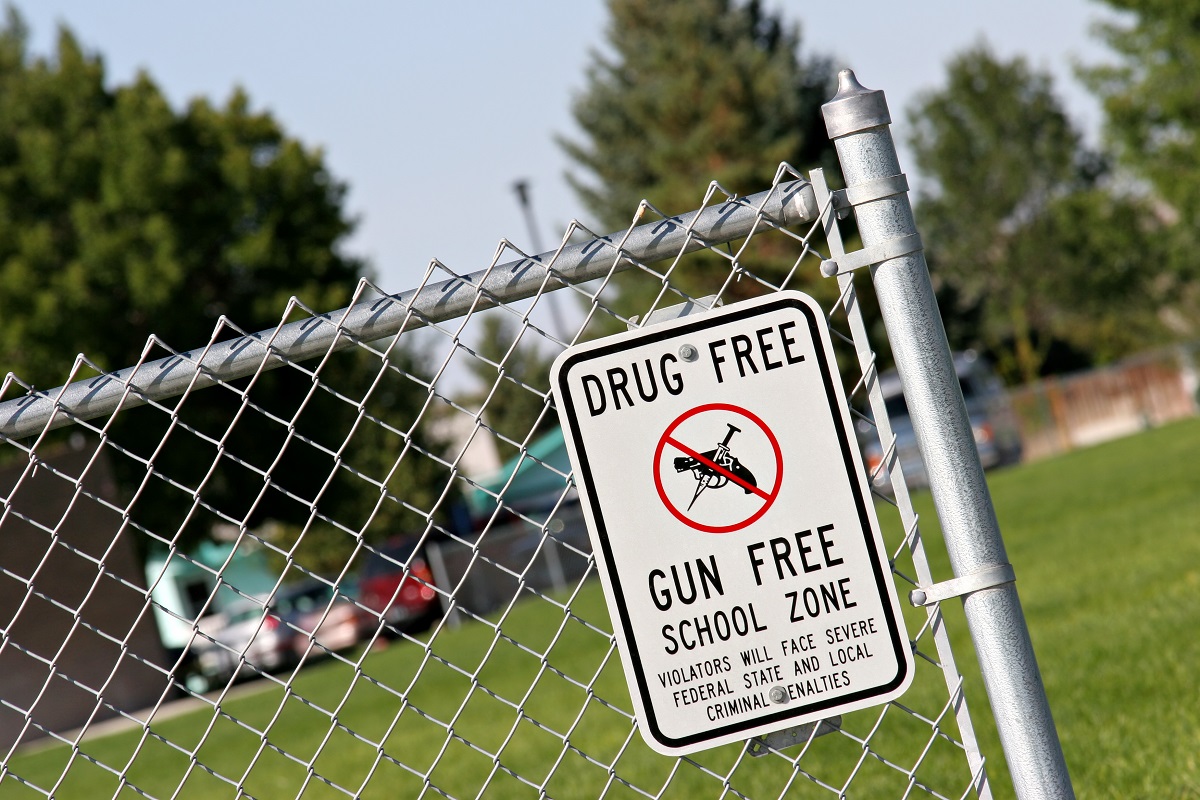Educating for American Democracy recently launched “The Roadmap to Educating for American Democracy,” a cross-ideological framework developed by a large coalition of experts to enhance K-12 civics and history education to reflect the country’s diverse student population.
Funded with $1.1 million from the National Endowment for the Humanities and the U.S. Department of Education, the framework was developed by 300 scholars, educators and practitioners led by iCivics, Harvard University, Tufts University and Arizona State University.
Paul Carrese, director of The School of Civic & Economic Thought and Leadership at Arizona State University, said the current lack of civil discourse in the U.S. can be at least partially linked to long-term disinvestment in and neglect of strong civics education in both the K-12 and higher education systems.
“America’s current state of polarization and civic dysfunction is the byproduct of our failure to invest in civic education for many decades,” Carrese said in a statement. “The Educating for American Democracy Roadmap reestablishes the importance of crucial civic knowledge about our constitutional democracy, along with the civic virtues that engaged citizens need.”
There is a clear need for improved civics education. A 2018 study from the Annenberg Public Policy Center found just 26 percent of Americans could name all three branches of government. That same year, only 23 percent of eighth-graders performed at-or-above proficiency in civics on the National Assessment of Educational Progress. And years of increasingly divisive political discourse culminated in an especially contentious election cycle filled with misinformation and capped by the Jan. 6 insurrection at the U.S. Capitol.
The good news is that there’s also a clear desire among young people in particular to not only learn more about the government and their nation’s history, but to learn accurate information and flex their voices to demand change where it matters to them.
From the 2018 nationwide walk-out of thousands of students in protest against gun violence, to more recent student walk-outs organized across Minnesota and in Connecticut in protest of police violence against Black Americans and demands in California for an overhaul of history and English language arts curriculums to be more inclusive, students have demonstrated a desire for change and deeper knowledge.
Creating civics-ready classroooms
The roadmap provides a framework with content guidance and advice about pedagogic strategies that state and local educational agencies can use to improve and innovate their U.S. history and civic learning curricula, resources and learning opportunities. The team behind the roadmap represents a demographically and professionally diverse national network of experts with varied viewpoints in civics, U.S. history, political science and education.
A “Pedagogy Companion” to the roadmap contains an inquiry-based vision for civics and history, with seven content themes that integrate history and political science. The themes are designed to support disciplinary learning and to motivate the agency students need to sustain constitutional democracy.
One theme, A People in the World, investigates “key historical events in international affairs, and building understanding of the principles, values, and laws at stake in debates about America’s role in the world, and the world’s role in shaping the United States.” Another, We the People, “explores the history of how the contemporary American people has taken shape as a political body and builds civic understanding about how political institutions and shared ideals can work to connect a diverse population to shared processes of societal decision-making.”
The roadmap also includes a supplemental implementation plan which aims to give 60 million students access to high-quality civic learning opportunities and to create 100,000 schools that are “civic ready” by 2030.
The implementation plan urges, among other things, that local school districts develop Civic Learning Plans that include goals and progress toward civic excellence and ensure that every teacher has access to ongoing professional development; and that the federal government build a national data infrastructure for the teaching of history and civics and revise the NAEP framework for civics and history.
It also calls on civil society organizations — including institutions of higher education, foundations and civic education providers — to create instructional materials that reflect Educating for American Democracy guidance, offer professional development and develop protocols for credentialing civic learning.
For more information about the roadmap and civics education:
- Educating for American Democracy – Excellence in History and Civics for All Learners, a report supplemental to The Roadmap to Educating for American Democracy
- “Why Civic Learning is Critical,” a CSBA governance brief
- “Districts can further increase young voter turnout by providing strong civics education,” a CSBA blog post
- “Teaching students that civic engagement is about more than elections,” a message from CSBA past-president Xilonin Cruz-Gonzalez





